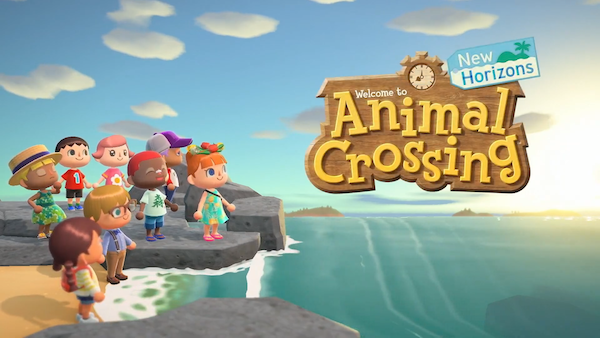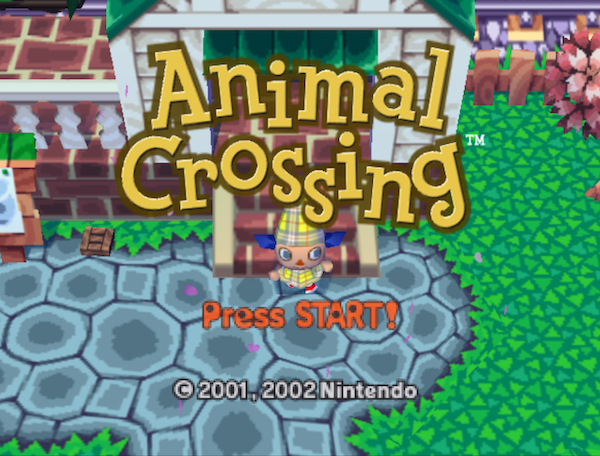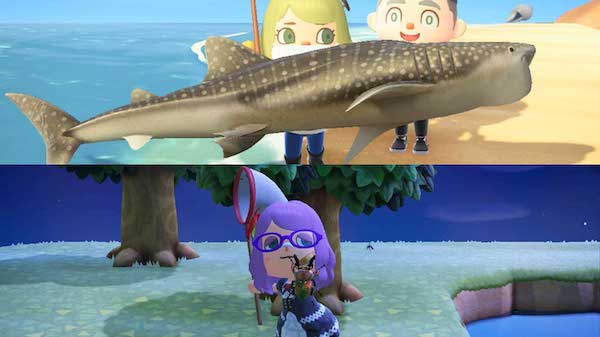Unless you’ve been living under a rock, chances are, you’ve heard of Animal Crossing. This game has managed to capture the hearts of our generation for years – how has a seemingly simple game managed to do so?

Animal Crossing is a simulation game by Nintendo, that has released several versions and spin-offs over the years. Yet the storyline of the game remains the same: in Animal Crossing, you move in to a new village, befriend cartoon-like animal characters and complete tasks like fishing, digging up fossils, catching bugs and collecting all kinds of stuff. The franchise’s newest iteration, released on the 21st March 2020, is Animal Crossing: New Horizons, and it’s only available on the Nintendo Switch console. Animal Crossing: New Horizons (or ACNH, as the fans say) marks eight years since the last game version came out, leading to anticipation and excitement ahead of the game’s release. ACNH sold 3.5 times more than the franchise’s previous release, Animal Crossing: New Leaf, in 2012. It has since become the fastest-selling game for the Nintendo Switch console, and the same week it was released saw a spike in Nintendo Switch sales in Japan.
So, what exactly contributes to the game’s success? A large factor is nostalgia – the first version was released in 2001, and to this day, the premise and main features of Animal Crossing remain the same. Despite the game being devoid of any reference to age, some will look at Animal Crossing and associate it with a kid’s game. Interestingly, the most popular demographic for the previous installment, Animal Crossing: New Leaf, was females, between the ages of 19-24. ACNH, and the entire Animal Crossing franchise, has the unique advantage of having your audience grow up with you. For many players, ACNH will not be their first Animal Crossing game.
Katsuya Eguchi, one of the Animal Crossing developers, perfectly sums up the target audience of this game:
“Every person who has a family, friends, boy friend or girl friend, who wants to play merrily with them. And, people who love to play freely, taking good care of their own personalities.”

The game has managed to balance a sense of escapism with the mundane – while you do live on a deserted island with a bunch of your animal friends, you still need to build your own equipment, dig up weeds and even pay off your home loan. ACNH has no real objectives, or end goal, but instead, players juggle between several small tasks. In fact, it is the details of the small stuff that have excited ACNH players the most – being able to dig up dirt paths and grow your own flowers were some of the most anticipated features of the game.
Another hallmark aspect of the game is it syncs to real-time, that is, time moves at the same pace on your island as it does in the real world. You choose how to fill up the 24 hours in a day, which adds to the game’s overall ease and convenience. Game developers attribute Animal Crossing’s success to “its non-committal charm and ease of access at any point,” which “empowers users to constantly re-engage.”

Of course, ACNH could not have come at a better time – the release was synonymous with the world going on lockdown and many have praised the therapeutic escapism of the game. Animal Crossing acts as “helpful distraction in a world full of uncertainty,” according to mental health professionals, who praise the game’s capacity for individuals to be social (as users can play with other users) during this time.
However, Animal Crossing has always resonated with players who struggle with mental health – the very premise of the game was based on Eguchi’s experience in moving to a new city, far from his hometown and his family and friends. “I wondered for a long time if there would be a way to recreate that feeling, and that was the impetus behind the original Animal Crossing,” says Eguchi. The game is chock-full of tasks and activites, but there is no rush to complete them, creating a rich but stress-free, leisurely in-game environment.
The appeal of Animal Crossing is simultaneously simple and complex: there is no one way to do things, and you can do everything at your own pace. The Animal Crossing buzz might be a result of what we’re currently lacking in the real world, but in a game which relies on emotional connections with its users, success will always be inevitable.
Subscribe to FIB’s Weekly Alchemy Report for your weekly dose of music, fashion and pop culture news!






